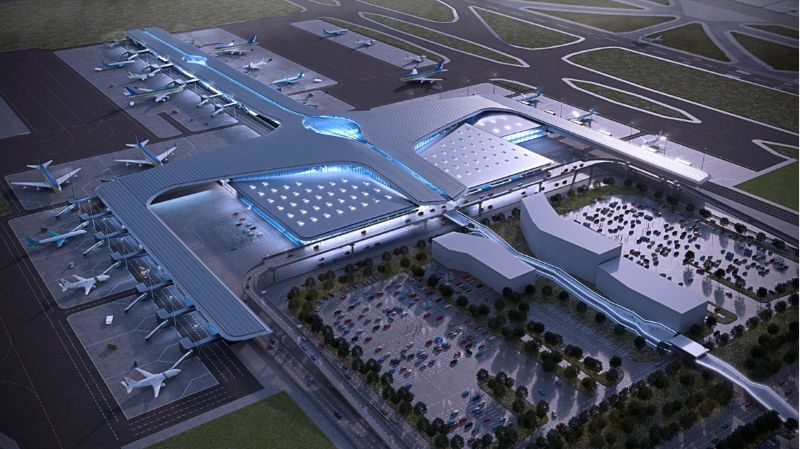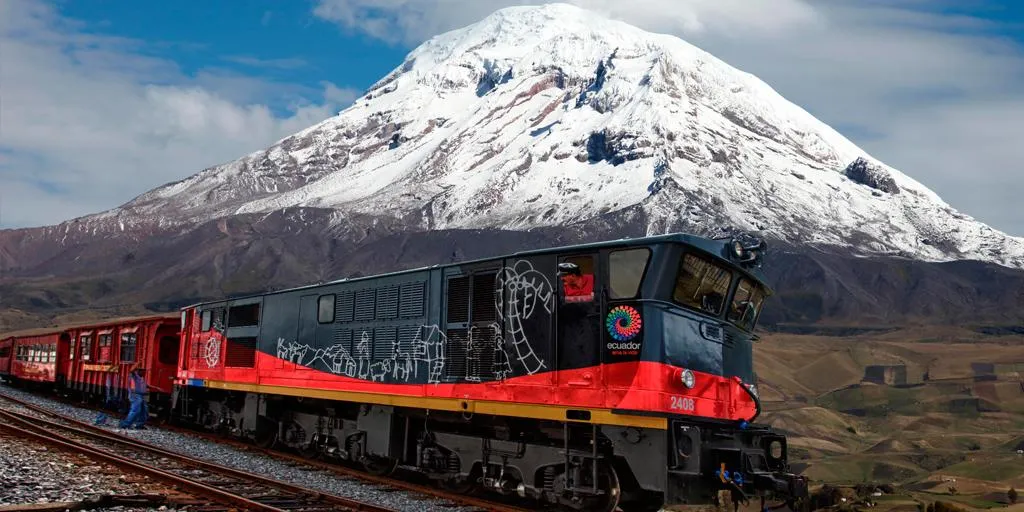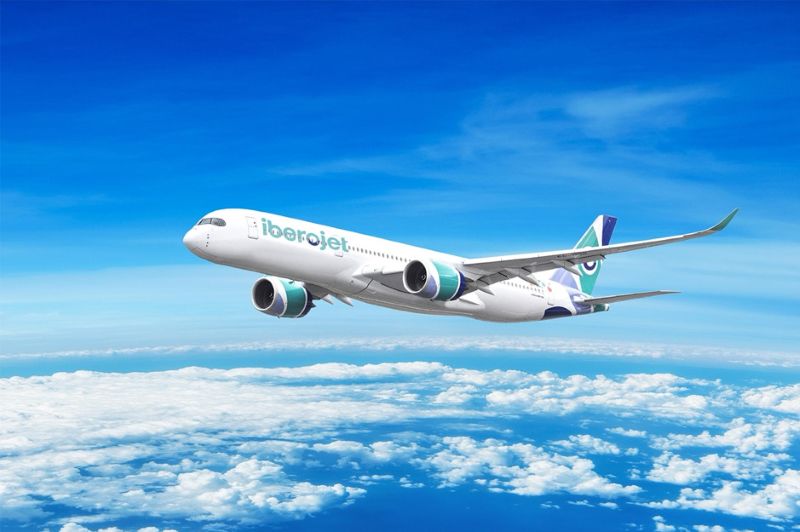Face à l’urgence climatique, l’industrie aéronautique est à la croisée des chemins. Comment peut-elle continuer à connecter le monde tout en réduisant son empreinte carbone ? La réponse pourrait résider dans les carburants d’aviation durables, ou Sustainable Aviation Fuel (SAF).
Les initiatives des compagnies aériennes
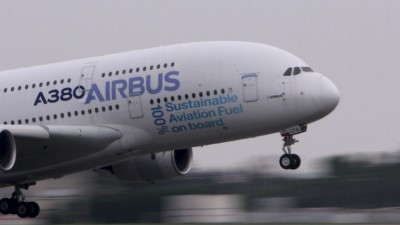
Dans le cadre de la transition vers des carburants plus durables, les compagnies aériennes et les fabricants d’avions du monde entier sont confrontés à des défis majeurs.
LATAM Airlines, par exemple, a récemment reçu son premier Airbus A320 qui utilise du SAF. Cette initiative s’inscrit dans le cadre d’une alliance entre LATAM Airlines Colombia et Bio-D pour stimuler la production de SAF en Amérique latine. De plus, la compagnie aérienne a réalisé son premier vol international propulsé par du SAF, marquant une étape importante vers une aviation plus durable.
Le 25 juillet dernier, la compagnie aérienne SKY a organisé un événement intitulé “Sostenibilidad sin Escalas: el despegue ESG en la región” pour discuter des principaux défis et opportunités de l’industrie aéronautique en matière de durabilité. De plus, SKY a équipé l’ensemble de sa flotte de la technologie NEO, qui entres autres avantages permet une réduction de la consommation de carburant.
D’autres compagnies aériennes, comme Korean Air et Virgin, se sont également engagées dans la voie du SAF. Korean Air a noué un partenariat avec GS Caltex pour tester le SAF, tandis que Virgin et Boeing se sont associés pour un partenariat sur le carburant d’aviation durable.
Le rôle des politiques gouvernementales et des organisations internationales
Au niveau politique, l’Union européenne a fixé des objectifs ambitieux pour les carburants d’aviation non fossiles. Elle estime que le SAF pourrait contribuer à environ 65% de la réduction des émissions nécessaires pour atteindre la neutralité carbone en 2050. Cela nécessitera une augmentation massive de la production pour répondre à la demande. L’UE encourage des politiques harmonisées à travers les pays et les industries, tout en étant technologiquement et matériellement agnostique.
L’Organisation de l’aviation civile internationale (ICAO) travaille également à faciliter le développement et le déploiement du SAF, qui selon elle a le plus grand potentiel pour réduire les émissions de CO2 de l’aviation internationale. Elle a adopté un objectif à long terme pour l’aviation internationale de zéro émission nette de carbone d’ici 2050. Ce constat est partagé par l’IATA qui estime la réduction des émissions dans le secteur aérien, de 80% grâce à l’utilisation de ces carburants durables.
Le surcoût des SAF et son impact sur le prix des billets
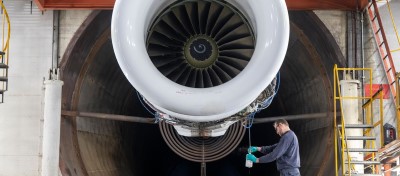
L’adoption des SAF n’est pas sans conséquences financières. En effet, le coût du SAF est actuellement entre 3 et 5 fois plus élevé que celui du kérosène traditionnel. Ce surcoût se répercute inévitablement sur le prix des billets d’avion, qui pourrait être multiplié par 3 à 5. Les augmentations de prix ont même déjà commencé.
En 2022, Air France-KLM, précurseur dans l’utilisation des SAF, a annoncé une augmentation des prix des billets de 1 à 12 euros pour compenser une partie du surcoût de l’utilisation de carburant d’aviation “durable”. Début 2023, la compagnie a annoncé de nouveaux ajustements. Le montant des billets “variera entre 1 et 8 euros en classe économique” et entre 1,50 et 24 euros en classe affaires, selon la distance, a indiqué la compagnie, expliquant que cela contribuera à accélérer l’adoption du SAF.
Malgré ce surcoût, les SAF présentent des avantages significatifs pour la durabilité des avions. Selon Nicolas Jeuland, expert en aéronautique chez Safran, les SAF seront bénéfiques pour les moteurs et réduiront les interventions de maintenance. “On va faire moins de dépôt dans le moteur, il y aura moins de corrosion des parties chaudes ce qui permettra aux avions de fonctionner plus longtemps en maintenant des performances optimales“.
L’avenir du SAF
Malgré ces défis et avec le soutien des politiques gouvernementales, l’innovation technologique et l’engagement des compagnies aériennes, le SAF pourrait jouer un rôle clé dans la transition vers une aviation plus durable. Il est clair que le SAF est plus qu’une simple alternative au kérosène fossile, il représente une voie vers un avenir plus vert pour l’aviation.
Ces discussions et initiatives montrent que le passage aux SAF est une priorité pour l’industrie aéronautique. Cependant, il reste encore beaucoup à faire pour atteindre les objectifs de décarbonisation. Les compagnies aériennes, les fabricants d’avions et les gouvernements doivent travailler ensemble pour surmonter les défis et faire des SAF la norme pour l’industrie aéronautique.


